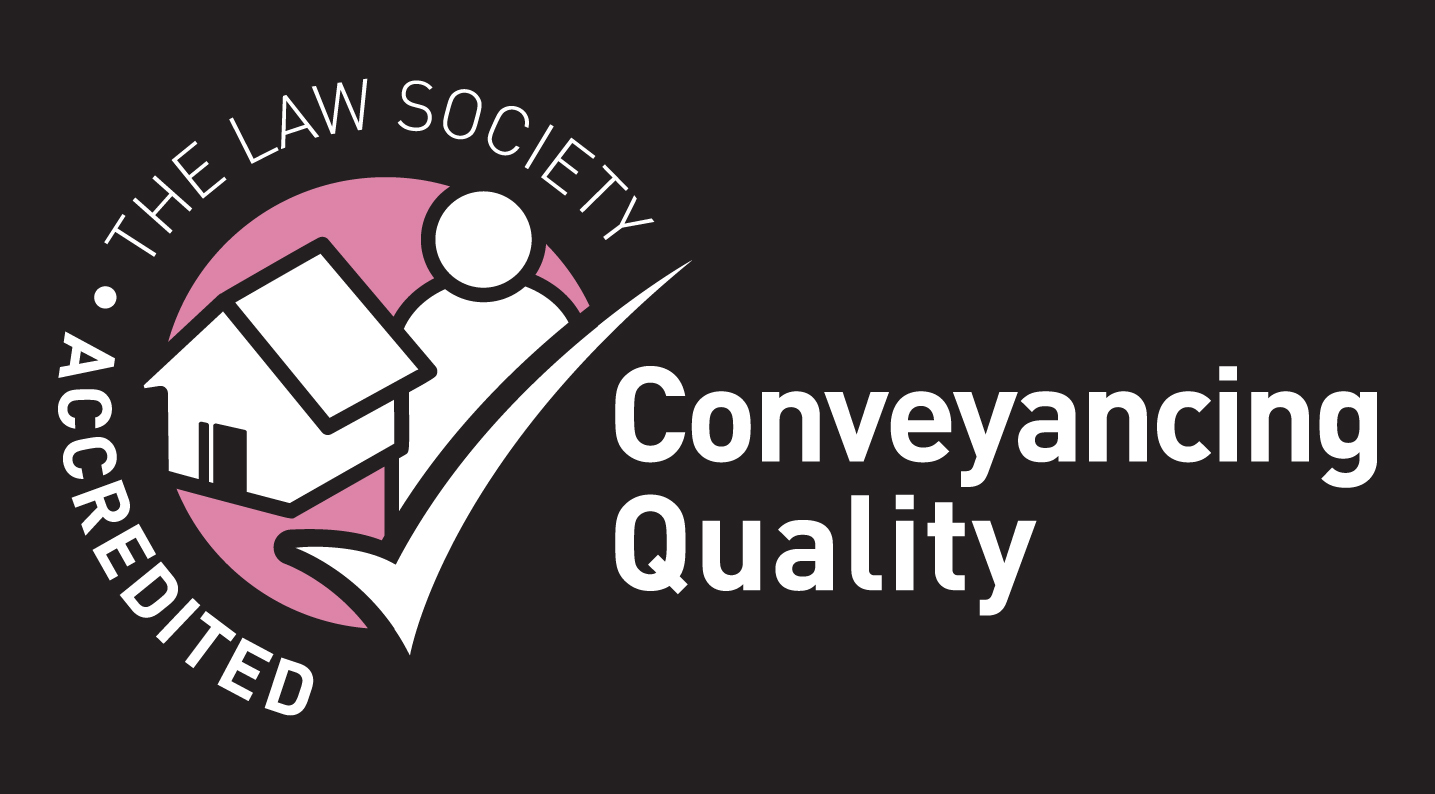Welcome to our housing blog! Whether you’re a first-time renter, a seasoned landlord, or simply interested in the intricacies of the housing market, this blog aims to provide valuable insights into various aspects of housing. From understanding landlord-tenant issues to debt collection in Housing Matters, navigating the rental market, we’ve got you covered.
The housing market can be complex, influenced by a myriad of factors including economic
conditions, interest rates, and governmental policies. Here’s a breakdown of key elements to
consider:
1. Economic Indicators
Interest Rates: Lower interest rates typically make borrowing cheaper, which can boost home
buying and increase property prices.
Employment Rates: Higher employment rates generally lead to higher demand for housing as
more people can afford to buy or rent homes.
Inflation: Rising inflation can increase the cost of construction materials, affecting home prices
and rental rates.
2. Supply and Demand
Housing Inventory: The availability of homes for sale or rent directly impacts market prices. A
high inventory usually means lower prices, while low inventory can drive prices up.
Population Growth: Areas with growing populations often experience increased housing
demand, leading to higher prices and rental rates.
3. Government Policies
Tax Incentives: Policies such as mortgage interest deductions can encourage home buying.
Rent Control: Regulations that limit how much rent can increase annually, protecting tenants
but potentially discouraging investment in rental properties
A healthy landlord-tenant relationship is crucial for a positive renting experience. Here are
common issues and tips for both parties:
1. Lease Agreements
Clarity and Detail: Ensure lease agreements are clear and cover all aspects of the rental
arrangement, including rent amount, due dates, maintenance responsibilities, and rules for
property use.
Legal Compliance: Both parties should understand and comply with local housing laws and
regulations to avoid legal disputes.
2. Rent Payment Issues
Payment Methods: Offering various payment methods (online, check, direct deposit) can make
it easier for tenants to pay on time.
Late Payments: Clear policies regarding late fees and grace periods can help manage
expectations and reduce conflicts.
3. Maintenance and Repairs
Timely Repairs: Landlords are typically responsible for maintaining the property and making
necessary repairs. Timely responses to repair requests can prevent further damage and tenant
dissatisfaction.
Tenant Responsibilities: Tenants should understand their responsibilities for keeping the
property clean and reporting issues promptly.
4. Security Deposits
Collection and Use: Security deposits are usually collected to cover potential damages or
unpaid rent. Landlords must handle these deposits in accordance with local laws, which often
include requirements for separate bank accounts and limits on the amount that can be charged.
Return of Deposit: Clear guidelines on the conditions for returning the security deposit at the
end of the lease can prevent disputes.
Whether you’re looking to rent or invest in rental properties, understanding market
trends and tenant preferences is essential.
1. Location and Amenities
• Desirable Locations: Proximity to work, schools, public transportation, and
amenities like parks and shopping centers can make a property more attractive
to renters.
• Modern Amenities: Features like in-unit laundry, updated kitchens, and highspeed internet are increasingly important to tenants.
2. Rental Rates
• Competitive Pricing: Researching local market rates can help landlords set
competitive rental prices, attracting more potential tenants.
• Negotiation: Flexibility in rental terms and pricing can be a valuable tool in
securing long-term, reliable tenants.
3. Marketing and Tenant Screening
• Effective Marketing: Utilizing online platforms, social media, and real estate
agents can broaden the reach of rental listings.
• Screening Tenants: Conducting thorough background checks, including credit
and rental history, can help landlords find responsible tenants and reduce the
risk of future issues.
Debt collection plays a critical role in housing, particularly in the rental market and
homeownership scenarios. Understanding how debt collection impacts housing can
help both landlords and tenants navigate their financial responsibilities more
effectively.
Impact on Landlords
For landlords, debt collection is an essential tool to ensure financial stability and
continuity of their rental business. When tenants fail to pay rent on time, landlords may
resort to debt collection agencies to recover the owed amounts. This process, while
sometimes necessary, can strain the landlord-tenant relationship and potentially lead to
legal disputes. Efficient and fair debt collection practices are crucial to maintaining the
financial health of rental properties without causing undue hardship to tenants.
Tenant Responsibilities
Tenants have a legal and moral obligation to pay their rent as stipulated in their lease
agreements. Failure to meet these obligations can lead to debt accumulation, which may
then be referred to collection agencies. Such actions can have severe consequences for
tenants, including damage to their credit scores, legal fees, and possible eviction.
Understanding the implications of unpaid rent and the debt collection process can
motivate tenants to prioritize their housing payments and seek help early if financial
difficulties arise.
Debt Collection and Homeownership
In the context of homeownership, debt collection often relates to mortgage payments.
Homeowners who fall behind on their mortgage payments risk foreclosure, where the
lender seeks to recover the owed money by taking ownership of the property.
Foreclosure not only results in the loss of a home but also significantly impacts the
homeowner’s credit score and future ability to secure housing. It’s vital for homeowners
to communicate with their lenders and explore options like loan modifications or
refinancing to avoid foreclosure and its associated debt collection efforts.
Legal and Ethical Considerations
Both landlords and debt collection agencies must adhere to legal standards when
pursuing unpaid debts. The Fair Debt Collection Practices Act (FDCPA) outlines the
rights of consumers and the responsibilities of debt collectors, ensuring that debt
collection is conducted fairly and without harassment. Understanding these laws helps
protect tenants from unethical practices and ensures that landlords and agencies
operate within the legal framework.
Strategies for Debt Prevention
Preventing debt accumulation in housing can mitigate the need for collection efforts.
For landlords, thorough tenant screening and clear lease agreements can reduce the risk
of non-payment. For tenants, budgeting effectively and communicating proactively
with landlords about financial difficulties can help manage housing costs. In both cases,
maintaining open lines of communication and seeking assistance early can prevent debt
from escalating to collection.
To conclude:
Debt collection in housing matters is a critical aspect that affects both landlords and
tenants. By understanding the roles and responsibilities involved, as well as the legal
frameworks governing debt collection, both parties can better navigate financial
challenges. Proactive measures and clear communication are key to preventing debtrelated issues and ensuring a stable and positive housing experience.
Navigating the housing market and managing landlord-tenant relationships can be
challenging, but understanding the key aspects and staying informed about current
trends can make the process smoother. Whether you’re renting a home or managing
rental properties, clear communication, legal compliance, and mutual respect are
essential for a successful housing experience.
Stay tuned for more insights and tips on all things housing! If you have specific
questions or topics you’d like us to cover, feel free to leave a comment below. Happy
housing!
Call us today at 0207-100-0505 to discuss your case with our lawyers and schedule a free consultation.
Copyright © 2023 Adam Bernard Solicitors. This Firm is Authorised & Regulated by the Solicitors Regulation Authority SRA NO: 598171, 656730.





